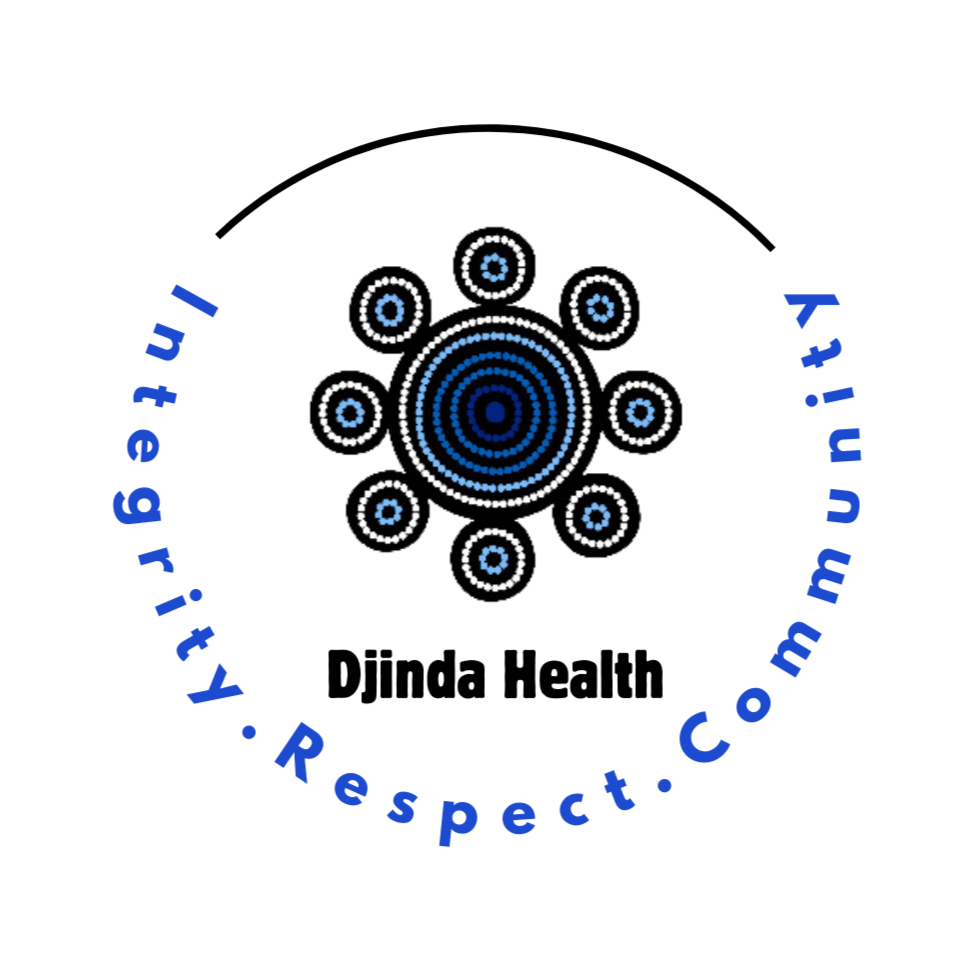
Pre-Employment ECG Testing
Cardiac Health Screening for Safer Workplaces
What Is an ECG?
An Electrocardiogram (ECG) is a simple, non-invasive test that records the electrical activity of the heart. It helps identify any abnormalities in heart rhythm, rate, and structure that may not be evident during a routine physical exam.
ECGs are a valuable tool in pre-employment medicals and occupational health assessments, especially for roles with physical demands or safety-sensitive responsibilities.
Why Is ECG Testing Important for Employment?
Some roles require a high level of physical fitness and cardiovascular stability. An ECG may be requested by employers in industries such as:
Mining and Resources
Transport and Logistics
Construction and Engineering
Emergency Services
Aviation
Maritime and Offshore
Rail Safety Workers (Category 1 under the National Standard for Health Assessment of Rail Safety Workers)
These roles often demand long hours, exposure to environmental extremes, high stress, or solo work in remote areas. An undetected heart condition could pose serious health and safety risks in these contexts.
When Is ECG Required?
An ECG may be included in the pre-employment or periodic health assessment under the following circumstances:
Age over 30
Personal or family history of heart disease
High blood pressure, diabetes, or high cholesterol
Smoking history
Use of medications affecting the heart
Safety-critical job role
As per employer, industry or regulatory requirements (e.g. Rail Safety, Commercial Drivers)
What Does an ECG Detect?
An ECG can assist in detecting:
Arrhythmias (irregular heartbeats)
Previous or silent heart attacks
Heart enlargement or hypertrophy
Abnormal heart rhythms associated with fatigue or fainting
Effects of certain medications on the heart
Ischemia (reduced blood supply to the heart)
Our ECG Testing Process
At Djinda Health, we offer on-site 12-lead ECG testing as part of our comprehensive medical assessments. The process includes:
Preparation: You will be asked to lie down and relax. Small electrodes are placed on your chest, arms, and legs.
Recording: The ECG machine records the heart’s electrical signals for a few minutes while you lie still.
Interpretation: The ECG trace is reviewed by a qualified medical practitioner.
Follow-up: If abnormalities are detected, you may be referred for further cardiac evaluation with your GP or a specialist.
Note: ECGs are painless, quick (usually under 10 minutes), and safe.
Benefits of ECG Testing in Occupational Health
Early detection of cardiovascular issues before they become workplace risks
Enhanced safety for high-risk or isolated work environments
Peace of mind for employers and workers
Compliance with industry-specific medical standards
Supports overall employee wellbeing and fitness for work
Why Choose Djinda Health?
Experienced Occupational Health Team
State-of-the-art ECG Equipment
Convenient Location in Riverton with Onsite Parking
Fast Appointments and Timely Reporting
Worker-Focused, Culturally Safe Care
Book Your ECG Appointment Today
Whether you’re an individual preparing for a job or an employer arranging medicals for your team, Djinda Health is here to help.
Optional Add-ons for Employers
ECG testing can be packaged with other occupational assessments, including:

